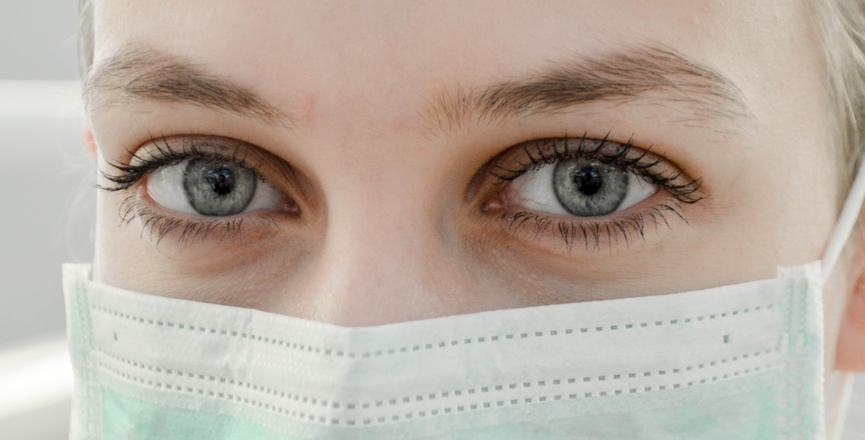Two health-care workers who were also CUPE Ontario members were fired in recent years for speaking out about issues of violence in their workplaces, Ontario Council of Hospital Unions president Michael Hurley said at a Tuesday press conference.
One worker had to endure two years of arbitration before they were able to regain their job; the second had to change their name in order to be able to return to work as a personal support worker, Hurley said. Each of these workers had appeared at CUPE media conferences to speak out about their working conditions.
Even now, CUPE representatives declined to connect rabble.ca with the workers because they did want to put either worker at risk of being re-identified in the media. CUPE also did not want specifics of when the firings took place to be published to further protect each worker from being identified.
rabble.ca did confirm the details of the firings with Hurley and with Zaid Noorsumar, a CUPE communications representative with knowledge of both situations and a first-hand relationship with one of the affected workers.
Neither of the firings took place during the COVID-19 pandemic. However, the culture of fear of reprisals for speaking out has been a challenge for those trying to assess the conditions of health-care facilities.
Dr. Margaret Keith co-authored a recent academic study on working conditions of Ontario health-care workers during the COVID-19 pandemic.
“The authoritarian and hierarchical nature of health-care work contributes to health-care workers’ risks and adverse mental health impacts. They’re not allowed to talk publicly about the conditions under which they’re struggling to provide care,” said Keith at the same press conference.
In that study, which was funded by the Ontario Council of Hospital Unions (OCHU) and CUPE Ontario, it was noted that the recruitment process for interviewees was hampered by workers’ fears of reprisals, even though the study was conducted with ethics approval from the University of Windsor and the promise of complete anonymity.
One of the anonymized study participants, a clerical worker at a long-term care facility, explained how management at their health-care facility reacted after participating in a union-organized rally outside their workplace to raise awareness about working conditions and the lack of personal protective equipment.
“We are told, ‘You can’t talk to the media. You have to send your manager to talk to them. We have corporate relations. You can’t be outside holding signs.’ It’s just such a travesty and these issues need to be said and people need to know what’s really going on,” the worker was quoted in the study.
Hurley — who was also listed as a co-author — said in an interview that the fear of reprisals prevents unions, the public, and the families of patients and residents from understanding the reality of working conditions and the related conditions of care.
Hurley said when the military went into long-term care homes to assist with the pandemic conditions in May, they were able to write a damning report about what they saw because they were not beholden to any employers.
“But if a group of workers had gotten together in one of those homes and written to the government about what they saw going on, they would have been in trouble,” he said.
Hurley said there needs to be legislated whistleblower protection put in place for health-care workers.
Such protections were recommended by the government of Ontario’s SARS commission final report. In fact, an entire chapter was dedicated to the need for whistleblower protections.
The report states:
“Ontario health care workers need whistleblower protection to ensure that public health risks are reported promptly to public health authorities without fear of consequences. Without this protection, fear of workplace consequences might discourage the timely disclosure of public health risk. Front line health care workers made enormous sacrifices during SARS. They are entitled to be protected when they raise an alarm to protect public health.”
“This is an ongoing problem that should be a public shame to Ontario,” said Hurley.
Keith framed the issue as one of silencing women.
Women make up the majority of health-care workers in Ontario. In fact, 81 per cent of health-care workers who have contracted COVID-19 are women, according to a Public Health Ontario report.
“This continued silencing of women, whether it’s regarding sexual harassment or assault, or lack of safety equipment or protocols is simply not acceptable,” she said.
Chelsea Nash is rabble’s labour beat reporter for 2020. To contact her with story leads, email chelsea[at]rabble.ca.
Image: Ani Kolleshi/Unsplash
Editor’s note, November 27, 2020: An earlier version of this story incorrectly stated that a CUPE communications representative had a first-hand relationship with the two fired workers. In fact, he had a first-hand relationship with one of them.




